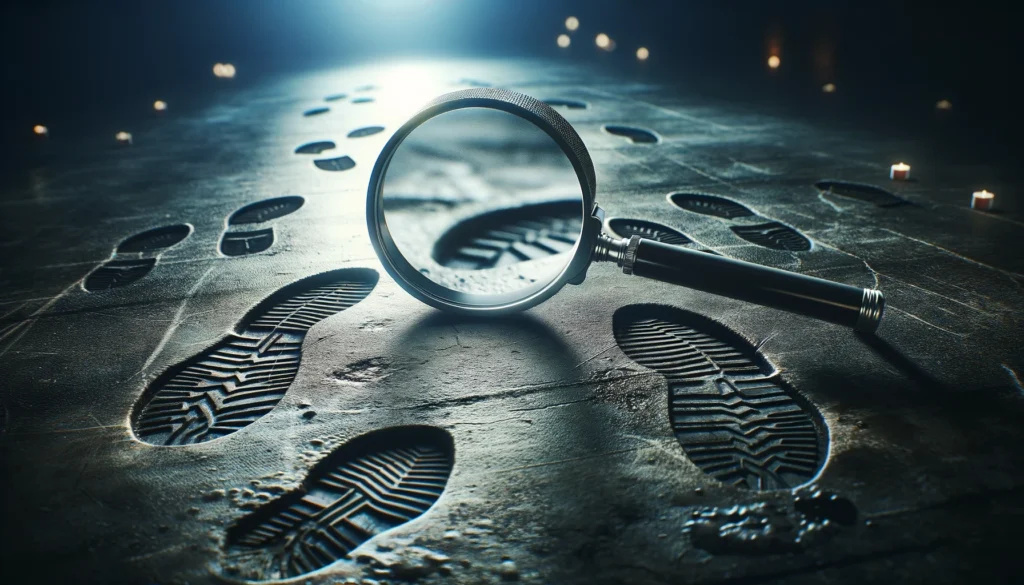
DUI cases present a unique challenge for defense attorneys. The intricate web of state-specific statutes, shifting case law precedents, and the sheer volume of evidence can create a substantial research burden. AI-powered tools like ChatGPT offer the potential to streamline these processes, empowering defense teams to swiftly identify crucial information relevant to their case.
Large Language Models (LLMs) demonstrate a sophisticated understanding of legal language and complex search queries. By harnessing ChatGPT’s abilities, attorneys can cut through information overload, uncovering potential avenues of defense more efficiently.
In this guide, we’ll share concrete prompts and techniques to enhance your DUI case research using ChatGPT, enabling you to focus on building the strongest possible defense strategy for your client.
Accelerating DUI Case Research
ChatGPT’s ability to process vast amounts of legal text makes it a valuable research companion for DUI defense attorneys. Here’s how to leverage its capabilities:
Finding Precedents with Similar Facts
- Prompt Example: “Search for DUI cases in [State Name] with the following similarities to my case: [List key facts, e.g., type of breathalyzer test, alleged BAC level, circumstances of arrest]. Focus on cases where the defense was successful.”
Identifying Winning Legal Arguments
- Prompt Example: “List common legal arguments used to successfully challenge DUI convictions in [State Name] in the past three years. Include relevant case citations.”
Staying Updated on Legal Changes
- Prompt Example: “Summarize any changes to DUI statutes, regulations, or relevant case law in [State Name] since [Date].”
Key Considerations
- Specificity: The more detailed your prompts, the more tailored the results will be.
- Jurisdiction: Always specify the state where the case is being tried, as DUI laws vary significantly.
- Verification: Double-check all case citations and legal information generated by ChatGPT. Rely on primary sources for confirmation.
In the next section, we’ll explore how ChatGPT can assist in analyzing the specific types of evidence encountered in DUI cases.
Analyzing Evidence with ChatGPT
Beyond legal research, ChatGPT can assist attorneys in scrutinizing the factual evidence critical to DUI cases. Consider the following applications:
Scrutinizing Police Reports
- Prompt Example: “Analyze this police report for potential inconsistencies, contradictions, or omissions that could be relevant to the defense.”
Evaluating Breathalyzer Results
- Prompt Example: “Highlight known issues or potential sources of error associated with the [Specific breathalyzer model] used in this case. Provide relevant research or case citations.”
Understanding Field Sobriety Tests
- Prompt Example: “Given the following results on field sobriety tests: [List test results], suggest alternative explanations for the officer’s observations that do not imply intoxication.”
Key Considerations:
- Context Always provide ChatGPT with the specific documents or relevant portions of evidence to analyze.
- Don’t Expect Definitive Answers: ChatGPT can highlight areas for further investigation, but human judgment is needed for interpretation.
- Bias Awareness: Remember, LLMs are trained on existing data that may contain biases. Use ChatGPT’s output as a starting point, not the final word.
Next, we’ll look at how ChatGPT can be used as a brainstorming tool to help refine your overall case strategy.
Also read:
Strategizing and Refining Case Arguments
ChatGPT can be more than just a research assistant; it can also serve as a thought partner for developing a robust DUI defense strategy. Consider these prompts:
Challenging the Prosecution’s Case
- Prompt Example: “Given the following facts of the case: [List key details], generate potential lines of questioning to cross-examine the arresting officer.”
Formulating Motions
- Prompt Example: “Draft a motion to suppress evidence in this DUI case based on the following grounds: [State the grounds, e.g., unlawful search]. Include relevant legal citations for support.”
Crafting Persuasive Mitigating Arguments
- Prompt Example: “If the client is convicted in this DUI case, suggest arguments for mitigation of sentencing that consider these factors: [List client-specific factors, e.g., first-time offense, lack of criminal history].”
Key Considerations:
- Hypotheticals: Frame prompts as “what if” scenarios to stimulate creative thinking.
- Open-ended Questions: Encourage ChatGPT to offer diverse perspectives.
- Human Expertise Essential: Attorneys must carefully evaluate and refine suggestions, ensuring they are legally sound and appropriate to the case.
In the next section, we’ll discuss the ethical implications and responsible use of ChatGPT in legal practice.
Also read:
Ethical Considerations and Best Practices
While ChatGPT offers enticing benefits, it’s crucial for attorneys to use it responsibly and ethically. Here are key points to keep in mind:
- Transparency: Consider whether disclosure of ChatGPT’s use is appropriate, especially when submitting generated work product to the court.
- Data Limitations: Acknowledge ChatGPT’s potential to perpetuate biases found in the data it’s trained on. Use it as a guide, not a source of absolute truth.
- Attorney Responsibility: Never abdicate legal judgment to an AI tool. Thorough review and verification of all ChatGPT output is essential.
- Confidentiality: Be mindful of the sensitivity of client information when using ChatGPT. Explore options for secure, on-premise deployments if needed.
Best Practices:
- Fact-checking: Rigorously verify all information against reliable legal sources.
- Focus on Efficiency: Use ChatGPT to streamline research and analysis, leaving more time for high-value legal strategizing.
- Staying Informed: Keep abreast of advancements in AI and discussions surrounding its ethical use in law.
Let’s wrap up with a concluding section that emphasizes the power of ChatGPT as a valuable addition to a defense attorney’s toolkit.
Also read:
ChatGPT as a Defense Attorney’s Tool
By efficiently sifting through case law, identifying relevant legal arguments, and aiding in the analysis of evidence, ChatGPT can free up valuable time for defense attorneys in DUI cases. This allows them to dedicate more focus to client interaction, complex legal analysis, and developing the most compelling case strategy.
Importantly, ChatGPT should not be viewed as a replacement for legal expertise or judgment. Rather, it is a powerful tool to be wielded thoughtfully. Attorneys who embrace the potential of AI while upholding ethical standards will be best positioned to leverage its capabilities to enhance their practice. The future of DUI defense may very well involve a strategic collaboration between human legal minds and sophisticated AI assistants.


